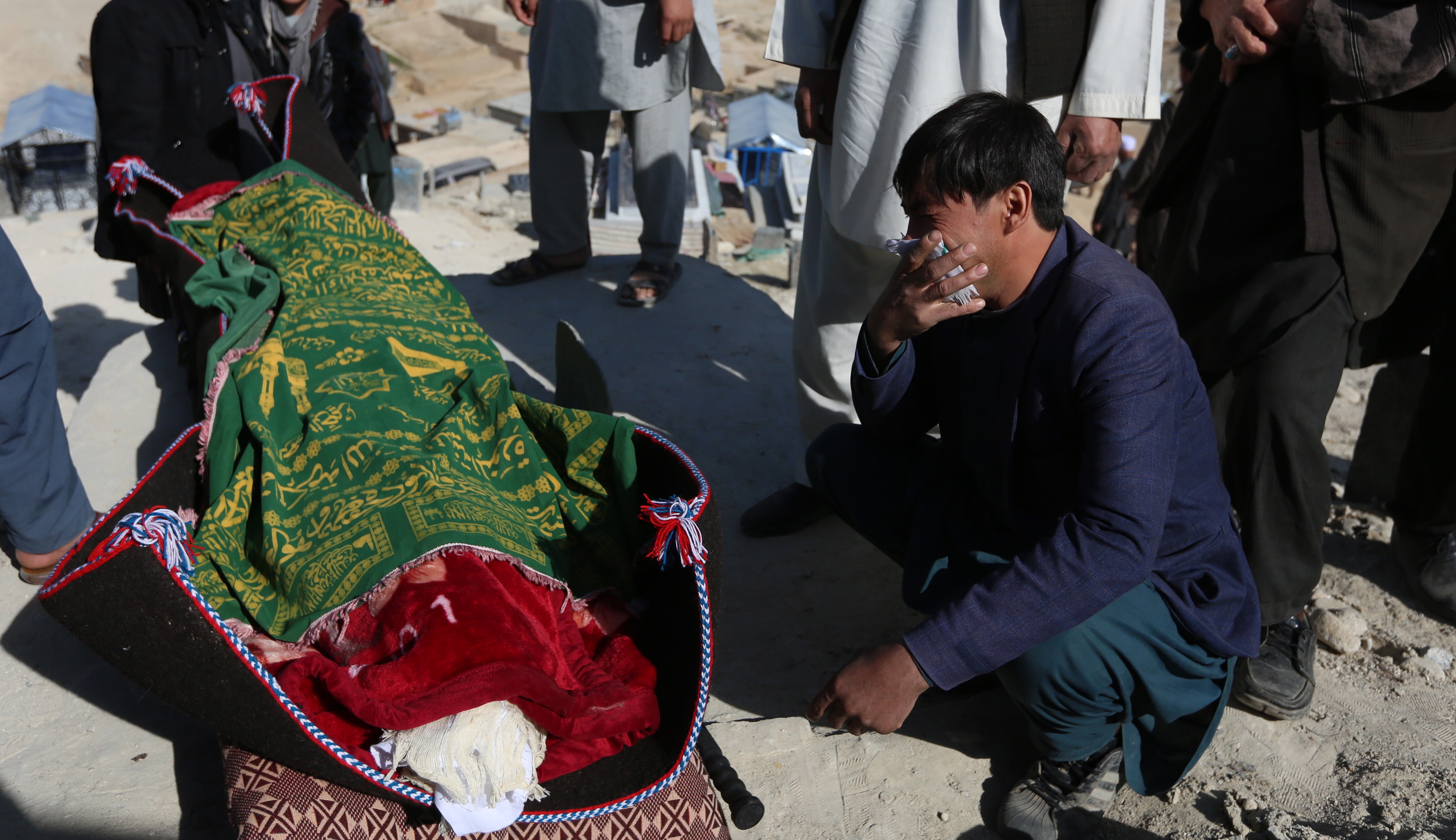Australian special forces troops face dismissal over Afghan civilian killings
A four-year-long inquiry report released last week found evidence that Australian soldiers may have committed war crimes in Afghanistan

Your support helps us to tell the story
From reproductive rights to climate change to Big Tech, The Independent is on the ground when the story is developing. Whether it's investigating the financials of Elon Musk's pro-Trump PAC or producing our latest documentary, 'The A Word', which shines a light on the American women fighting for reproductive rights, we know how important it is to parse out the facts from the messaging.
At such a critical moment in US history, we need reporters on the ground. Your donation allows us to keep sending journalists to speak to both sides of the story.
The Independent is trusted by Americans across the entire political spectrum. And unlike many other quality news outlets, we choose not to lock Americans out of our reporting and analysis with paywalls. We believe quality journalism should be available to everyone, paid for by those who can afford it.
Your support makes all the difference.The chief of the Army has revealed that 13 special forces soldiers of the Australian Defence Force (ADF) may face dismissal in relation to last week's report on unlawful killings in Afghanistan.
A years-long investigation last week reported that Australia’s elite special forces had “unlawfully killed” 39 civilians and prisoners in Afghanistan, including by summary killing as part of initiation rituals.
The 13 soldiers have been served with the notice and have about two weeks to explain their alleged actions.
They are suspected of being accessories or witnesses to the killings carried out by the special forces soldiers but are separate from the 19 special Air Service troops who could face prosecution for the murders.
“At this point in time, no individuals have been separated from the Australian Defence Force,” Lieutenant General Rick Burr was quoted as saying by ABC news.
The heavily redacted findings of Major General Paul Brereton's investigation, which took four and a half years to complete, were released in Canberra on 19 November by ADF Chief Angus Campbell.
The landmark Brereton war crimes report focussed on the events between 2005 and 2016, interviewing 423 witnesses and investigators poured over more than 20,000 documents and more than 25,000 images as part of the probe.
The report recommended a total of 36 incidents be referred to the Australian Federal Police (AFP) for a criminal investigation in which the soldiers allegedly murdered up to 39 unarmed men and children, the report found.
According to Australian Defence Force chief General Angus Campbell, who announced the findings of the investigation, the soldiers would then plant weapons and radios to support false claims the prisoners were enemies killed in action.
The years-long investigation into the killings included alleged incidents in which new military personnel would shoot a prisoner dead in order to make their first kill in a practice known as “blooding”.
The report recommended that the families of the victims be paid compensation and that the military carry out a slew of reforms.
Australia's prime minister and top military commander have apologised while Afghanistan called the murders unforgivable but welcomed last week's report as a step towards justice.
Join our commenting forum
Join thought-provoking conversations, follow other Independent readers and see their replies
Comments